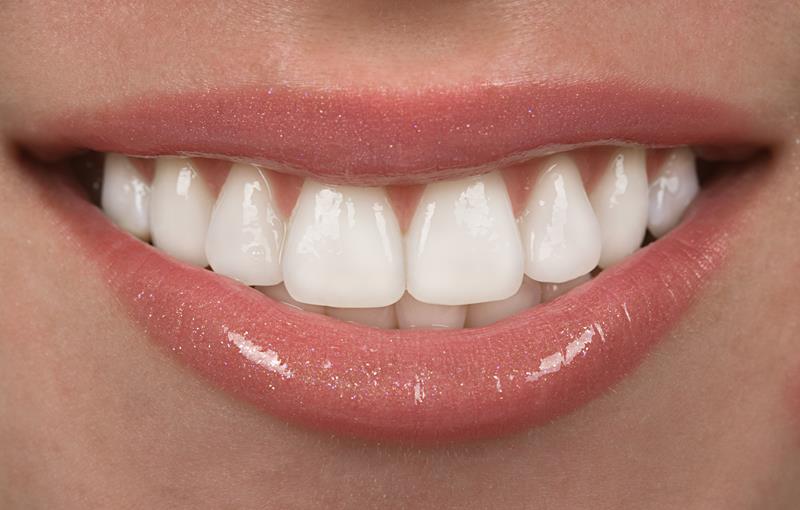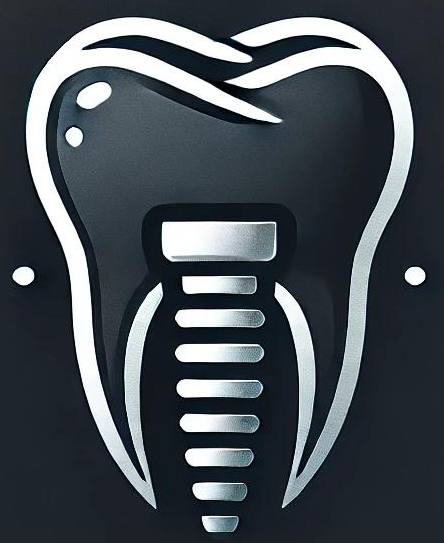
What does “oral health” mean to you? Is it simply having no new cavities at your dental checkup? That’s certainly part of it, but oral health is much more than just the absence of tooth decay. It means having a mouth free from disease—ranging from mild gum inflammation (gingivitis) to more serious conditions like oral cancer; a bite that works well enough for you to eat comfortably and maintain good nutrition; and a smile that allows you to express yourself confidently. In essence, oral health is a vital part of your overall well-being.
It’s important to understand that small, easily treatable issues in your mouth can become more complex, painful, and costly if ignored.
Request an AppointmentSome oral health problems can even affect your entire body. For example, untreated gingivitis can develop into periodontitis, a severe gum disease that can loosen and cause teeth to fall out. Missing teeth may lead to jawbone loss and poor nutrition. Studies also show that severe gum disease might increase the risk of heart disease. The takeaway? Regular maintenance pays off in a big way.
What You Can Do to Stay Healthy
A key step to protecting your oral health is maintaining a daily routine that effectively removes plaque—a sticky bacterial film that causes many dental problems. This includes brushing your teeth twice a day with fluoride toothpaste and flossing at least once daily to clean between teeth.
Your lifestyle and diet matter too. While you can’t change genetic factors that may increase your risk for gum disease, you can control how much sugar you consume, how often you exercise, whether you smoke, and how regularly you visit your dentist.
How Dentistry Can Help
If you only visit the dentist when you have a problem, you might miss out on important preventive care. Dentists specialize in oral health and offer many services designed to keep your mouth healthy. During regular exams, you’ll be screened for oral cancer, cavities, gum disease, and infections. Tough-to-reach plaque and tartar will be professionally cleaned, and you’ll have the chance to get answers to any questions about oral hygiene or the links between oral and overall health.
Don’t wait for a serious issue to arise before scheduling a dental visit. Regular checkups can save you time, discomfort, and money—and might even save your teeth. Together, we can take proactive steps toward a healthier future.
